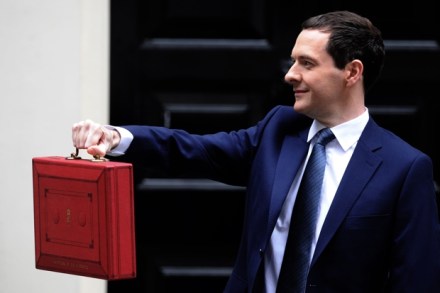Birmingham emerges as the UK’s ‘crash for cash’ capital
Birmingham, home of Cadbury, the X-ray and state education, has just scooped another accolade. Today it has emerged as the ‘crash for cash’ capital of Britain – and it’s nothing to do with Spaghetti Junction. A deliberate car crash was staged every three hours in the UK last year in order to net fraudsters compensation from fake injury claims. Aviva, a leading insurer, examined its own claims data and found that 25 per cent of its 3,000 crash for cash claims took place in Brum. Some are ‘staged’, whereby two damaged vehicles are brought together and made to look like they’ve collided, injuring the passengers insured. In others, fraudsters target innocent


















